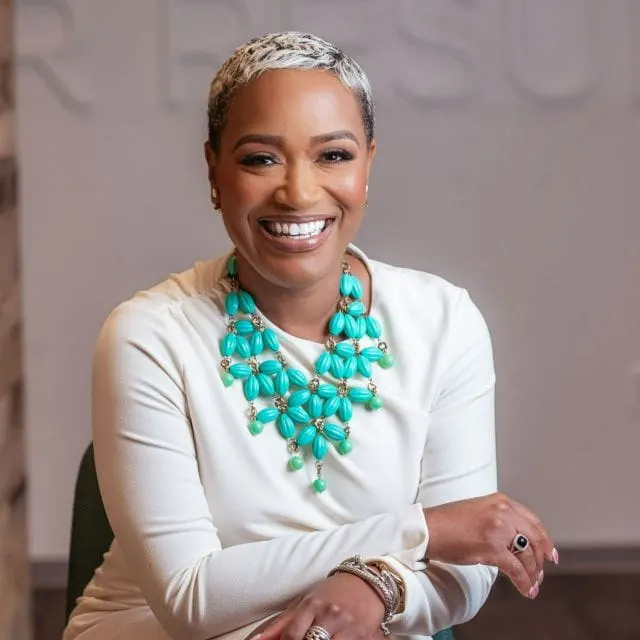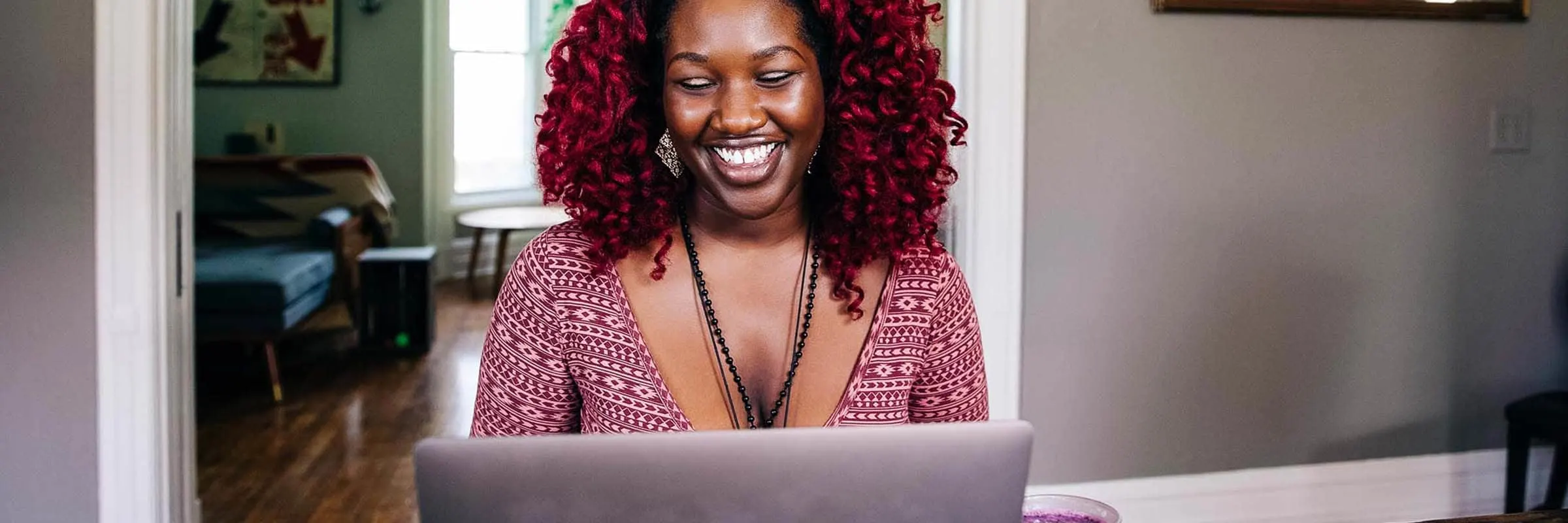Every parent wants to make magical memories for their kids — whether it's a birthday pool party with their friends or a quiet game night with the family. But how will these moments shape how they think about money, and importantly, why does that matter?
Money memories, defined
Think back to your earliest financial moments. Maybe it was cash you received for your birthday or when you earned your first allowance. These are money memories, and they matter. That's because early financial interactions influence our money story on a subconscious level that can be more difficult to change as we get older.
Kids are creative and curious. If you don't help them fill in the blanks, they will create their own stories. By establishing positive money moments for your children, you give them the tools they need to forge their own financial future.
Read more: Help your kids learn to organize money with savings buckets
Create impactful money moments
How can you make meaningful money memories for your kids? The key is to include them in financial moments and conversations.
1. Introduce an allowance
As soon as your kids are old enough to help out with small chores around the house, give them an allowance. Talk to them about the value of their earnings and bring it to life with examples of your own salary and spending.
With my children, I base allowance rates on their age (my daughter now earns $7/week since she's 7 years old) and help them divide their funds into three categories: spend, save and give.
Tip: A bucketed approach emphasizes the habit of saving when they receive cash.
My family turned our saving jars into a craft project. Both of my kids loved decorating their containers. (Watching the money pile up is pretty exciting too.)
2. Set savings goals
We've all had to tell our kids “no" as we walk past the toy aisle. These moments could also be turned into a money learning moment by using them as an opportunity to introduce savings goals.
With my family, instead of telling my daughter, “No, you cannot have another stuffed animal," I explain to her that she can have it, but she has to pay for it. If she does not have enough money, we come up with a savings plan. This approach can further instill the habit of thinking before spending — another essential money habit. Is she still disappointed in the moment? Sure, but she comes away with more context, and that's stronger than just a simple "no."
3. Add a dash of creativity
Don't forget to make money lessons fun, especially for the little ones. Use your imagination to get your child excited about these financial moments. For example, my family turned our saving jars into a craft project. Both of my kids loved decorating their containers. (Watching the money pile up is pretty exciting too.)
You can even take them to a craft store and let them pick out supplies — helping them stay within a specific budget, of course.
4. Keep it growing
As your kids get older, look for ways to expand those moments to include more advanced financial lessons. Don't burden your children, but don't be afraid to go beyond the basics. My son, who's now a teenager, grew up with all of Ally's financial literacy lessons for kids, such as Planet Zeee. He knows his stuff, and today, we include him in more money conversations. For example, he has started participating in meetings with my financial planner and estate attorney. Because I've involved him in money conversations early, I feel comfortable giving him high-level overviews of our financial situation and goals.
Stay transparent and let them see how you manage money. However well-meaning, keeping money a secret from your kids may make them scared to talk about it later on, so don't hold back.
Learn more: Get to know your money story through our free workshop Money + Story
Make the most of money moments
Childhood memories make us who we are. As a parent, be intentional, tenacious and patient with yourself. Perfect is not going to happen. Just keep doing your best.




